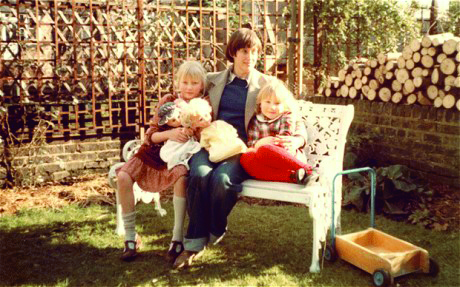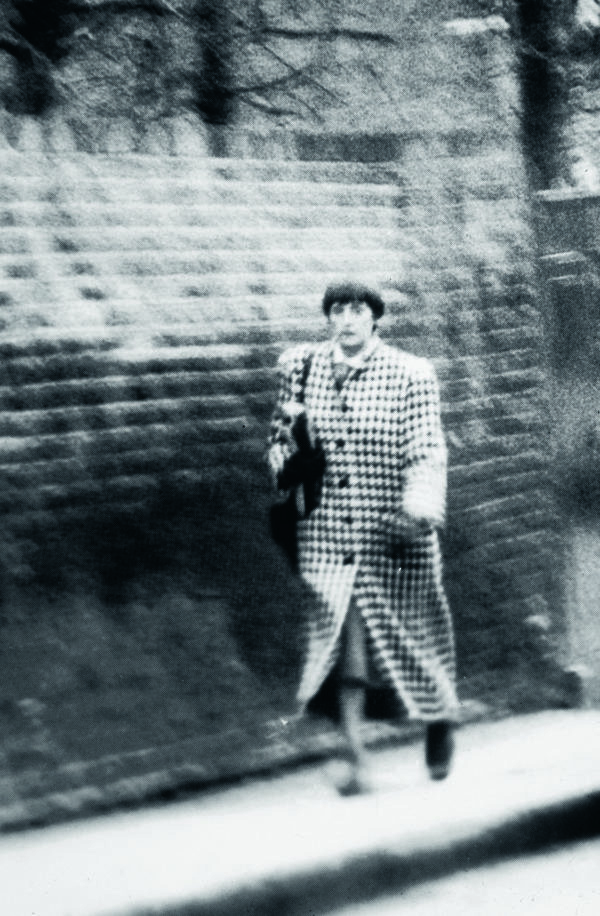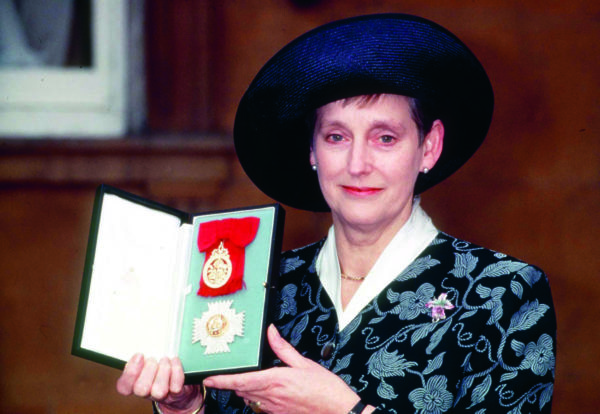I was a child of the war, born just four years before the Second World War broke out. We left Nottingham and went to stay with my granny in Wallasey, across the river from Liverpool. And we lived there when the Liverpool docks were bombed. By 1951, when I turned 16, people were finally looking towards the future again. That was the year of the Festival of Britain, on London’s South Bank. It was to celebrate a new start. I remember a fairground and a Dome of Discovery, full of new scientific inventions. I found it enormous fun. The government were saying, the gloom is over now and we have something to look forward to. Do I think we’ll have a Festival of Brexit in a few years? I very much doubt it.
My father fought in the First World War and he was subject to periods of depression. He was very fond of my brother and me but he wasn’t very communicative. I had a closer relationship with my mother. She propped us all up. She had worked as a midwife in the East End, just like the nurses in Call the Midwife. But she came from an era when women weren’t expected to have a job after they married, so she gave her work up after the war. I do wonder if she ever thought about what her life might have been like if she’d been born at a different time. It must have been very stressful, carrying the weight of two small children and a very anxious husband through the war. I regard her as an unsung hero when I think of her.

I found work as a county archivist after university but I did assume I would eventually get married and then my career would come second to my husband’s. And it did for a while. When he got a job in New Delhi I immediately gave up work and went off to be a diplomat’s wife. India was fantastic but I found the life rather boring – hosting tea parties and getting involved in amateur dramatics. When we came back to England I expected we’d start a family, but it didn’t happen. I suppose I was kind of a failed mother at that point, so when I managed to get a job as a typing clerk in MI5 my husband encouraged me.
I thought the MI5 work was interesting but I was slightly bored because the women were very clearly second class. I had a degree just like the men, but we were regarded as men’s helpers. But as the Seventies went on, and we had Women’s Lib and the Sexual Discrimination Act, those vague feelings that it wasn’t quite fair began to mount. Women like me became discreet revolutionaries. We were politely saying, why are we not thought fit to do the real work? And things began to change.
I’m not optimistic about the future right now
It wasn’t easy for me. I split up with my husband when my older daughter was about 10. From then on we were a
single-parent family with two growing girls. And me in a full-time 24/7 kind of job. We managed with a combination of au pairs, nannies, the lady down the road. It was a bit hand to mouth at times, I admit. My daughters talk it about it sometimes, usually very generously. They say it was good to have a mother who was doing something but it wasn’t as cosy a childhood as they might have had.











